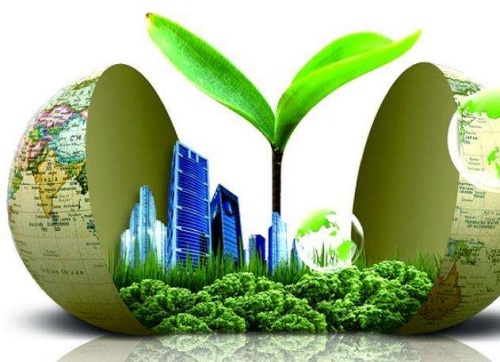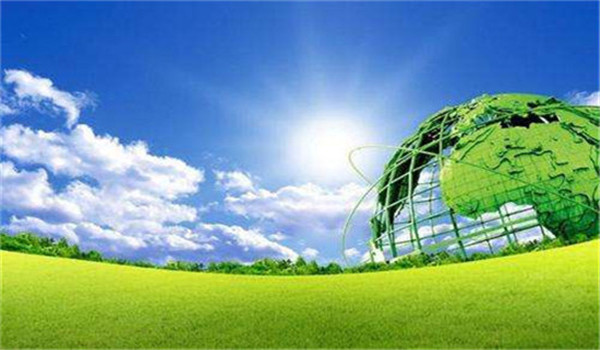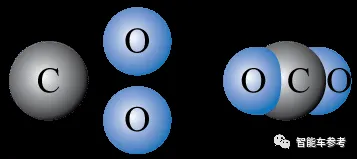
The International Energy Agency recently released the "World Energy Outlook 2022" report shows that as more and more countries begin to accelerate the energy transition, the global clean energy industry has entered a period of rapid development, renewable energy generation is expected to grow 20% in 2022. thanks to the growth of wind, solar and other clean energy generation, this year's global carbon dioxide emissions are expected to increase from the 2021 4% to 1%.
The report also pointed out that the current energy crisis suffered by many countries, although in the short term increased the demand for fossil fuels, but in the long term, new energy, especially clean energy is still the key to solving the human energy problem. It is expected that from now to 2030, global energy demand will grow by about 1% per year, with the increment almost entirely filled by renewable energy. The proportion of fossil energy in the global energy structure may decline from the current 80% to 75% in 2030, and to about 60% in 2050.
At present, more and more countries and regions have formulated renewable energy development goals and plans to accelerate energy transformation. According to the French government plan, by 2030, France's renewable energy power generation ratio will be raised to 40%; by 2050, France's installed capacity of solar power generation will increase by 10 times, and built 50 offshore wind farms. Japan's latest version of the energy basic plan, 2030 renewable energy power generation ratio will increase to 36% to 38%. Egypt's "2035 Comprehensive Sustainable Energy Strategy" put forward to 2035 photovoltaic power generation installed capacity of 43 GW. The report predicts that in the next five years, the new installed capacity of renewable energy in the European region is expected to reach twice the incremental capacity of the previous five-year period, and China's incremental capacity will account for nearly half of the global incremental capacity.

"Governments are actively promoting the implementation of renewable energy policy plans, accelerating structural change in the energy economy." Fatih Birol, Executive Director of the International Energy Agency, said. In addition, the supply chain of some key equipment and technologies, including batteries, solar photovoltaics and electrolyzers, is expanding rapidly, and the development of renewable energy has been accelerated as a result. Taking solar power as an example, solar panel prices have fallen by 801 TP3T over the past 10 years, and have become an affordable power generation technology, providing more than 31 TP3T of power generation globally in 2021. The International Energy Agency expects to see 650 GW of new PV capacity installed globally by 2030.
The booming clean energy industry will bring a large number of jobs and boost economic growth. The report "Renewable Energy and Employment: A Review 2022" released by the International Renewable Energy Agency (IRENA) shows that the number of renewable energy-related jobs reached 12.7 million globally in 2021, an increase of 700,000 in one year. By 2030, annual global investment in clean energy is expected to exceed $2 trillion, an increase of more than 50% compared to the current level, which is expected to create more jobs and investment opportunities.
Fatih Birol called on countries to adopt stronger policies to increase investment in renewable energy and strive to achieve the goal of net-zero global CO2 emissions by 2050. He said, "The world is currently in a critical stage of energy transition, and the measures taken by countries to respond will open a new chapter of a cleaner, more affordable and safer global energy industry."
(Source: People's Daily)
[Zhongshun New Energy Marketing Department March 29, 2023 Responsibility: Xiao Zheng]
Reprinted for the purpose of transmitting more information, and does not mean that we agree with its views and is responsible for its authenticity.




